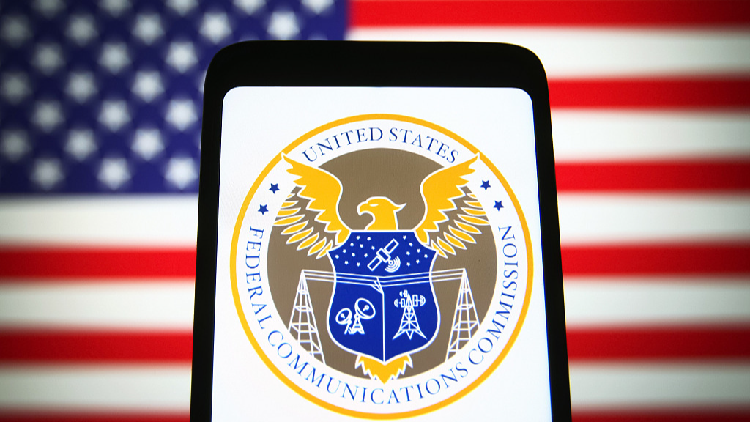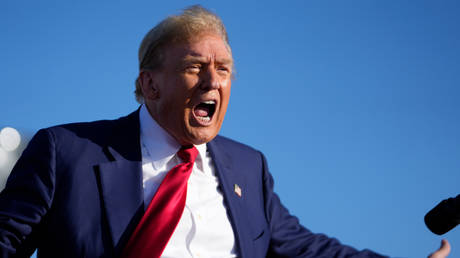U.S. authority declares AI-generated voice clone robocalls unlawful
The U.S. Federal Communications Commission announced on Thursday that using AI to create clone voice calls is unlawful. This comes after a counterfeit robocall mimicking President Joe Biden was used to discourage people from supporting him during New Hampshire's Democratic primary election.

The U.S. Federal Communications Commission (FCC) affirmed on Thursday the illegality of AI-generated voice calls following an incident where a counterfeit robocall mimicking President Joe Biden attempted to discourage voters during New Hampshire's Democratic primary election.
According to FCC Chair Jessica Rosenworcel, the declaratory ruling empowers state attorneys general with increased regulatory tools to tackle entities behind these robocalls.
Rosenworcel staunchly admonished the misuse of AI-generated voices in unwarranted robocalls, stating the commission is putting on notice those fraudsters who use these tech tools to exploit vulnerable individuals, impersonate celebrities, and mislead voters.
In their declaration, the FCC highlighted that, although state attorney generals could previously target the effects of an unwanted AI-voice-generated robocall, the newfound ruling categorically outlaws the act of using AI to generate voices in these robocalls.
Earlier in the week, news emerged from New Hampshire Attorney General John Formella revealing that the fake Biden robocall originated from Texas-based Life Corp. Formella reports that the CEO, Walter Monk, has since received a cease-and-desist letter and a criminal investigation is currently underway.
Democratic FCC Commissioner Geoffrey Starks commented on the situation, citing the application of AI technology as a new menace in voter suppression tactics, particularly during the campaign season due to the persuasive believability of fake robocalls.
The FCC stressed the potential danger of "voice cloning", stating that the technique could deceived recipients into believing that a trusted acquaintance or loved one is urging them to take a certain action that they would not contemplate otherwise.
Reportedly, the FCC finalized a hefty $5.1 million fine in 2023 against conservative activists for deploying more than 1,100 unlawful robocalls prior to the 2020 U.S. election.
The said robocalls were designed to deter potential voters, misleading them with the claim that their personal information would enter a public database accessible by police departments for tracking down old warrants and credit card companies seeking to collect outstanding debts, should they cast their votes by mail.
Camille Lefevre












